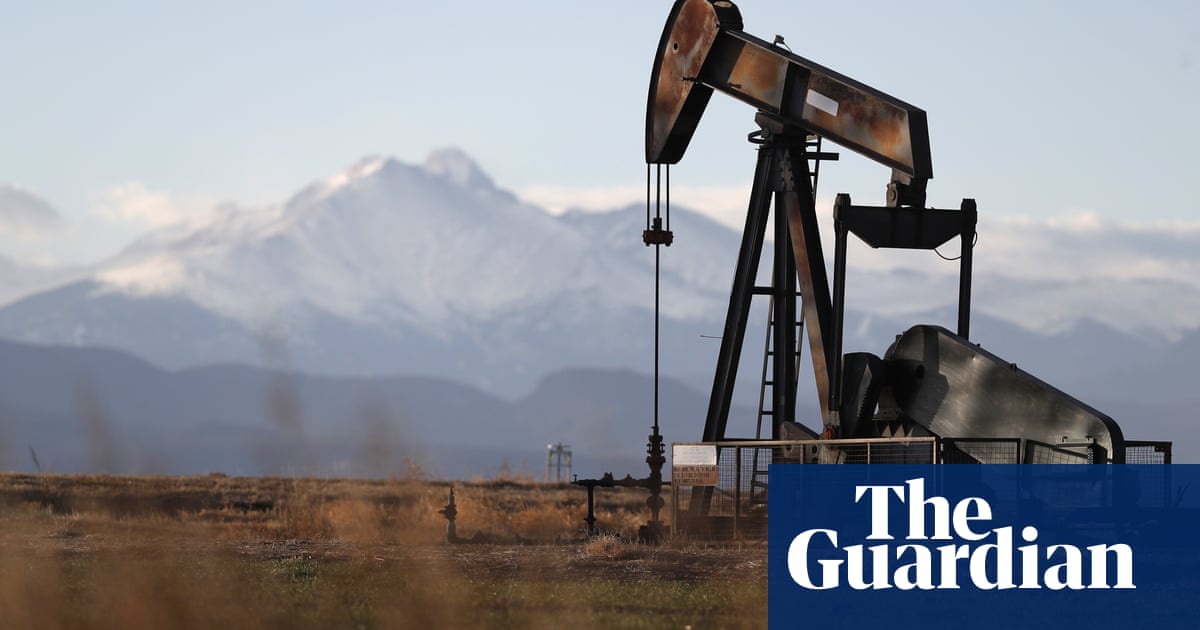
PPE suppliers with political connections were directed to a “high-priority” channel for UK government contracts where bids were 10 times more likely to be successful, according to a report by the parliamentary spending watchdog.
Almost 500 suppliers with links to politicians or senior officials were referred to the channel, where their pitches for contracts were automatically treated as credible by government officials charged with procuring PPE.
The existence of the channel, a highly unusual departure from standard procurement practice, is documented in the report by the National Audit Office, which reveals the UK government awarded £18bn of coronavirus–related contracts during the first six months of the pandemic.
The news came on the day the UK recorded 598 deaths from coronavirus over the latest 24-hour period – the highest daily figure since 12 May. It raises the total number of fatalities in the UK to 52,745.
The revelation about a special lane for well-connected firms goes some way toward explaining why a slew of companies with links to senior Tories secured major contracts in recent months, leading to allegations of cronyism from transparency activists and senior figures in the Labour party.
More than half (£10.5bn) of contracts relating to the pandemic were awarded without competitive tender, according to the NAO. The watchdog found that some paperwork documenting why suppliers had been selected was missing, and that in some instances, contracts had only been drawn up after the companies had already started the work.
The NAO report acknowledges that government procurement officers were operating under extreme pressure, with procurement chiefs and suppliers forced to compete in an international PPE market subject to extraordinary and unprecedented demand.
However it also identifies instances of contracts, some for hundreds of millions of pounds, being awarded without essential documents that would ordinarily be drawn up to safeguard against the misuse of public funds.
That was particularly true of the high-priority channel. Of the 493 suppliers referred to the scheme by a political or official contact, details of the individual who made the reference were recorded in the government’s case management system in fewer than half of cases.
The report said 144 referrals originated in the private offices of government ministers, including “referrals from MPs who had gone to ministers with a possible manufacturer in their constituency, and where private individuals had written to the minister or the private office with offers of help”.
A further 64 suppliers were referred directly by MPs or members of the House of Lords, while 21 were referred by government officials. No written rules as to how the high-priority channel should operate were kept by officials, the NAO found.
Bids from companies referred by a political connection to the scheme were taken more seriously, with suppliers in the high-priority channel viewed as having been “pre-sifted for credibility by being referred by a senior credible source”.
“The criterion [for being referred into the high-priority channel] seems extremely wide and discretionary,” said Liz David-Barrett, a professor of governance and integrity at the University of Sussex. “It’s not clear to me why MPs or peers should have any special expertise on whether a company is qualified to provide PPE.”
She pointed out that individuals with links to politically exposed persons – or PEPs, in anti-corruption parlance – are ordinarily treated as high-risk and deserving of more scrutiny, rather than less.
“Normally we would expect that due diligence processes explicitly look for links to PEPs and treat suppliers that are associated with PEPs as high-risk, requiring further checks before you would enter into contracts with them,” David-Barrett said. “This seems to have done the opposite, in that suppliers with these links were treated as more credible and lower-risk.”
Around 10% of the suppliers referred to the high-priority channel by a political contact were awarded a PPE contract, the NAO reported. Suppliers without such links, by contrast, had only a 1% chance of winning a contract (104 out of 14,892).
“It does seem that you get a clear advantage once you’re in that channel,” David-Barrett said.
The NAO also identified a pattern of retrospective contracting, whereby key documents formalising contracts with private companies to provide services were only drawn up some time after the work had begun.
One such contract, for political communications, between the Cabinet Office and the social media company Topham Guerin was signed on 7 May 2020. But the company had started the work almost two months before, on 17 March.
“This contract was a direct award and we did not find evidence of documented requirements prior to the work beginning,” the NAO found. During the 2019 election, Topham Guerin worked on the Conservative party’s controversial digital campaign strategy. The company declined to comment on the NAO report.
In a statement, the Cabinet Office stressed that 99.5% of the PPE it acquired met clinical safety standards, and that an eight-stage due-diligence process was undertaken for all potential leads, including those referred to the high-priority channel. It said the NAO had found no evidence of conflicts of interest in the cases it reviewed.
The Cabinet Office minister Julia Lopez said: “We have been dealing with an unprecedented global pandemic that has posed the biggest challenge to the UK in a generation. As this report rightly recognises, we needed to procure contracts with extreme urgency to secure the vital supplies required to protect frontline NHS workers and the public, and we make no apology for that.
“We have robust processes in place for spending public money to ensure we get critical equipment to where it needs to go as quickly as possible, whilst also ensuring value for money for the taxpayer.
“It is important to maintain the public’s confidence in how we manage their money, and we welcome the NAO’s scrutiny of our processes, and recommendations on how they can be improved.”












